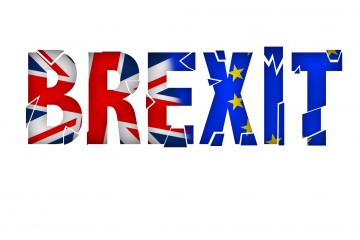
How the BBC will be benchmarking the Results on EU Referendum Night
Referendum night is going to represent something of a departure from usual. There will not be the drama of an exit poll announcement to stir excitement – and possibly shock – at 10pm. Meanwhile, when the actual results do start to be announced, except in Northern Ireland they will not be declared by the parliamentary constituencies with which we have all become familiar. Rather they will be unveiled local authority by local authority. As a result, we will get just one declaration for the whole of Birmingham, while, at the other end of the spectrum, the Isles of Scilly will get their moment in the sun. But perhaps the biggest departure from the routine of election night will be that …
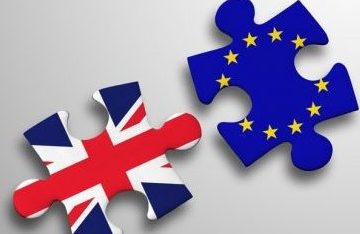
Déjà Vu? Britain’s EU Referendum and Spain’s 1986 in-out NATO Referendum
As the Bremain and Brexit campaigns gear up for the last three days of campaigning, the outcome remains far from clear. Recent polls show the vote tied at 50/50. Both sides of the argument have heralded the referendum as a “unique event”. Unique as it may be for this generation of UK citizens, referenda of this kind are not singular. In fact, the UK’s referendum on EU membership, to be held on 23 June, shares a number of remarkable parallels with Spain’s in-out NATO referendum, held thirty years earlier on 12 March 1986. Let’s review the similarities one-by-one. The “question”: stay or leave NATO/the EU. Spain joined NATO in May 1982. Four years later, in March 1986, the Spanish Socialist …

A new forecasting method for the Brexit referendum
Is it possible to have a more accurate prediction by asking people how confident they are that their preferred choice will win the day? As the Brexit referendum date approaches, the uncertainty regarding its outcome is increasing. And, so are concerns about the precision of the polls. The forecasts are, once again, suggesting a very close result. Ever since the general election of May 2015, criticism against pollsters has been rampant. They have been accused of complacency, herding, of making sampling errors, and even of deliberate manipulation of their results. The UK is hardly the only country where pollsters are swiftly losing their reputation. With the rise of online polls, proper sampling can be extremely difficult. Online polls are based …
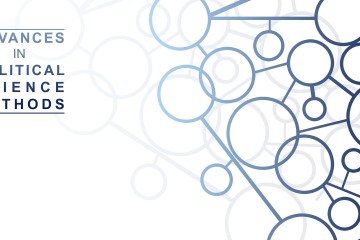
How do we control what we measure using quantitative text analysis methods?
Dr Ben Lauderdale from the Department of Methodology at the London School of Economics and Political Science delivered a special masterclass on Tuesday 24th May 2016. Ben’s research focuses on the measurement of political preferences from survey, voting, network and text with a particular focus on using text data. This event presented the latest developments in ways social scientists can use text and provides an excellent opportunity to explore the promises but also the limitations of this quickly expanding research field. For further information on text analysis in social science see Felix Krawatzek and Andy Eggers Podcast Series.
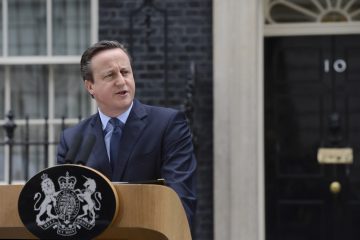
Brexit referendum folly
The consequences of the Brexit referendum are bad for both Europe and Britain, regardless of the result. The EU referendum in the United Kingdom was intended as a festival of democracy, but it has proved to be an exercise in political madness. Brits pride themselves on being sensible and pragmatic people, but they embarked on a sentimental journey into the unknown. Rational arguments are being set aside while populists are having a party. The prospect of a referendum with an uncertain result has already caused a great deal of disarray, and those who count the costs of a possible Brexit should realise that major damage to Europe and the United Kingdom has already been done. A few million partisan national …
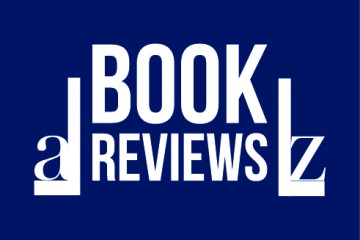
Democracy against the odds
Democracy in Africa: Successes, Failure and the Struggle for Political Reform testifies to the ability of African states to democratize against the odds. It effectively introduces a framework for understanding how leaders choose to respond to the pressure to liberalise their political systems, covering the recent history of African politics and providing great detail on the return of multiparty politics in Africa since the early 1990s. In this Q&A, Ian Cooper of the Department of Politics and International Studies (POLIS) at the University of Cambridge interviews Professor Nic Cheeseman, Associate Professor of African Politics, Jesus College, University of Oxford, on his recent publication.

Brexit: How the New Digital Economy Bill relates to EU regulation
The Queen’s speech announced a new Digital Economy Bill. One of the main measures is to mandate a minimum broadband speed of 24Mbps for at least 95 per cent of UK homes and universal service obligation minimum of 2Mbps. It is proposed that funding for this will come from an industry levy. Any broadband subsidy under the BDUK programme is subject to EU state aid rules particularly if disputed by the private sector (as previously) or could be challenged under WTO countervailing measures in the future if Brexit occurs and the UK does not participate in the Single Market. The bill is also to introduce a new Electronic Communications Code to reduce the ability of landowners to overcharge for laying …

Britain’s Brexit Debate: Leave Albania out of this, please!
I was around ten-years-old when my family found itself in a difficult economic situation. I had to go to work to help earn cash. One day, as I was carrying some heavy items, a father and his son were passing by, both clearly of some means. Glancing at me the father addressed his son with more or less these words: “Listen to what I’m saying. If you don’t study, you’ll end up like him.” I felt awful that the father was using my difficult situation to scare his own son. Besides, it was inaccurate. He assumed that I was poor because I was not in school, which was not the case. I was poor because I was unfortunate and no …









